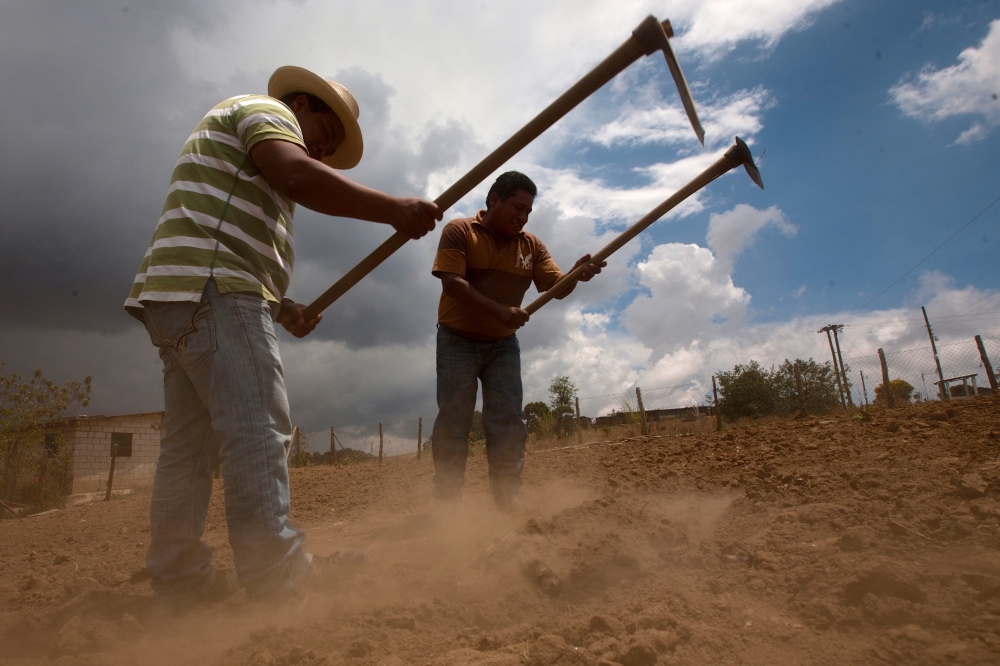An unfolding drought in Africa is threatening hunger for tens of millions of people in the horn, eastern and southern parts of the continent.
The drought – linked to climate change – has become persistent in recent times – weighing down on churches, as hunger strikes at the core of their congregations. Already, some priests and pastors say they are noticing a decrease in church attendance, as people stay away to tackle the challenge.

PICTURE: Sean Hawkey/WCC
Tithes and offertory have declined, according to the clerics. The rains have failed or have been too little for two consecutive seasons in these regions, leaving behind a serious food shortage, water scarcity and diminished pasture for livestock. Kenya is one of the affected countries. The largely rural Christian communities are coping with the shortages.
“We are telling our congregations to conserve the little food in their granaries and use water sustainably. It is a long way before the next harvest. Already, some people have nothing to eat and soon they may need some kind of aid,” Rev Jonathan Kivuva, the pastor in charge of Kivi Deanery of the African Brotherhood Church in Machakos County, Kenya told WCC News on 8th August. “The rains have failed for two seasons. That’s about a year without a proper harvest.”
About two weeks ago, political leaders from the north and northeastern region appealed for food and water aid for the drought-stricken communities. They urged the government to declare the drought a national disaster. The call came as the country’s National Drought Management Authority reported that the people suffering food shortages had increased to two million in July from 1.6 in May.
In South Sudan, UN agencies estimate that nearly almost million people are facing critical food shortages. According to Fr James Oyet Latansio, a Roman Catholic priest who heads South Sudan Council of Churches, there have been some rains, but they been too short to sustain farming.
“The people have tried to take advantage of the peace agreement to plant, but the rains have been too erratic, going on for a week and disappearing for a month or more. By the time it returns the crops have already withered,” said Latansio.
South Sudan’s situation has been exacerbated by insecurity, just like Somalia. Africa’s newest nation descended into a civil war in 2013 following a dispute among top leaders. Agency reports indicate that other countries – including Zimbabwe, Ethiopia, Angola, Mozambique, are also affected.
This article was first published on the World Council of Churches’ website.






